Frederica Freyberg:
First, what will the new year bring for Wisconsin governor, Scott Walker? A showdown with democrats, another run for governor, or even a run for president? Governor Walker has said recently if he wins re-election, he cannot promise he will fulfill his full term. So what's on his agenda to get accomplished in 2014? In a one-on-one interview Here and Now reporter, Zac Schultz, gets some answers.
Zac Schultz:
Typically, a second term election is viewed as a referendum on the incumbent. In some ways, you’ve already had a referendum on the incumbent, so do you view that will be the case this time around?
Scott Walker:
I still believe very much that elections are about the future, not just about the past. So I think people will look at what we’ve done. Interestingly enough, you know, I don’t govern based on polls, but it is interesting to see that on our biggest reform, Act 10, there tends to be on just about every poll out there, a very, very strong support. Even though the state is more evenly divided politically between republicans and democrats, people tend to overwhelmingly see that the reforms are working in our schools, in our local governments, our state government. So I think part of it will be on that. But I also think part of it’s about whether or not we’re going to go forward. I think there’s two very different choices that we will see in the 2014 election. Do we want to go back to the days of double digit tax increases, multi-billion dollar deficits and record job loss? Because that’s what we had in Governor Doyle’s last term in particular. It’s taken us the last couple years to get out of many of the problems we faced from the Doyle years. Or do we want to continue to move forward? I think the foundation we laid of positive reforms that have led to a balanced budget, lower taxes, lower property taxes in particular, more jobs, lower unemployment, those are positive things we’re going to talk about building off of. We’re not going to stop there. We’re going to lay out even bigger, bolder reforms going forward.
Zac Schultz:
Now to remember in the last election, jobs and the economy weren’t the most important topics. How relevant do you think your first term promise of 250,000 jobs will be going forward?
Scott Walker:
I think it will play a role, but I think it will be within context. I mean, the policies that’s Jim Doyle embraced, that at least one of the Democrats running was a part of because she was a part of that administration in that last term, overlapped from the first term, those are policies that saw this state lose 133,000 jobs. Today, we’re at about 100,000, a little bit over 100,000 gained. Obviously, we’ve got quite a ways to go. We’re still committed to 250,000 by 2015, whether it's on January 1 or a little bit in. And I think people look at that swing. Even today, it’s a swing of about 230,000 jobs from negative to positive growth out there. And I think people are going to have to look. Do they think the policies that Jim Doyle had before that would be continued, do they think, essentially, a third term for Jim Doyle's policies would be better or worse for the state? I think we made the case they were a negative, that we've got out of. Instead, we’re going to lay out a positive vision for how we move the state forward and help people create more jobs.
Zac Schultz:
The democrats already have one announced candidate, and there may be a second. There’s some debate within their party about whether a primary would be a good thing. You’ve been through this. What do you think of primaries and how might it affect next year’s elections?
Scott Walker:
Candidates always think primaries are a bad thing when they’re in the middle of them. But historically, they tend to be pretty good. They bring people’s stature up. I don’t know. This is an unusual climate, so I don’t know that conventional wisdom actually holds true here. But it’s hard to say. I mean, I’ve heard people make compelling cases either way. It doesn’t matter whether there’s one, two or 100 candidates. Our belief is that in the end, no matter who the nominee is, they’re going to embrace, and they've articulated this, the policies that Jim Doyle had before. We’re going to embrace the very positive reforms we had and lay out even bigger ones going forward.
Zac Schultz:
You’ve written a book, you’ve been all over the national press, you've been traveling the country. People are saying that’s a clear indication of a possible run for president. You’ve been noncommittal on that point.
Scott Walker:
Right.
Zac Schultz:
But how will the speculation about that impact the election next year?
Scott Walker:
Well, I think it’s interesting. At least one of the people running for governor has said that she won’t make any promises except that she won't make promises. I make very bold, aggressive promises. And I think, you know, voters will look at the difference. You want someone whose only promise is that they'll serve four years? Or do you want someone who's going to tell you what they’re going to do? I don't know about you, but most people employing people, most small business owners if they're hiring somebody, want to know what that person is going to do, not how long they’re going to serve in office. In our case, we’re going to lay out a big, bold, positive agenda going forward. But I do have to tell you having traveled the state, and I’ve been every day nearly in the past month or two, I’ve been traveling from one end of the state to the other, and there’s a part of me that just would like to be able to be in a position, God willing, with the support of the people of the state, to serve a full term uninterrupted, to just go out and enact our reforms and not have to worry about anything else. And we’re not an official decision one way or the other, but that’s something that weighs heavily on me. What will this mean in the people of Wisconsin?
Zac Schultz:
In 2010, you spent $11 million to become governor. In 2012 you spent $36 million during the recall. How much money do you think it will take next year?
Scott Walker:
I don’t know. I mean, certainly I don’t think it will take anywhere near the recall. The recall was in a way almost a quasi-national election. I don’t think it will take that. I mean, you’ve had some speculation that the unions are going to transfer money over from the congressional races to mine and a handful of other state races. Some have speculated as much as $15 million to $20 million. I don't know what the right dollar amount is. I do know, in our case, even when we spent as much as we did in the recall, still about 70% or more of our donors were people who gave us 50 bucks or less. Our hope is in the end we have a good ground game of grassroots supporters, not only financially, but on the door and helping us get our message out. We’ll be ready no matter what.
Zac Schultz:
Finally, last question. Federal issues sometimes trickle down to state level politics. Is it fair to say if there’s a federal issue that will matter next year it will be the implementation of the Affordable Care Act?
Scott Walker:
Oh, I think there’s no doubt about it. I think that you see it not only across the board politically, but particularly see it amongst young people. People who thought they were being sold one thing are very frustrated with the actual outcome. And that’s a clear contrast. I think whomever is running against me will be someone who embraced Obamacare and the tenants of it. I’ve raised concerns from the very first time I became a candidate all the way through. And I think voters will see there’s a pretty clear contrast there.
Zac Schultz:
All right. Governor Walker, thanks for your time.
Scott Walker:
Good to be with you.
Search Episodes
News Stories from PBS Wisconsin

Donate to sign up. Activate and sign in to Passport. It's that easy to help PBS Wisconsin serve your community through media that educates, inspires, and entertains.
Make your membership gift today
Only for new users: Activate Passport using your code or email address
Already a member?
Look up my account
Need some help? Go to FAQ or visit PBS Passport Help
Need help accessing PBS Wisconsin anywhere?

Online Access | Platform & Device Access | Cable or Satellite Access | Over-The-Air Access
Visit Access Guide
Need help accessing PBS Wisconsin anywhere?

Visit Our
Live TV Access Guide
Online AccessPlatform & Device Access
Cable or Satellite Access
Over-The-Air Access
Visit Access Guide
 Passport
Passport





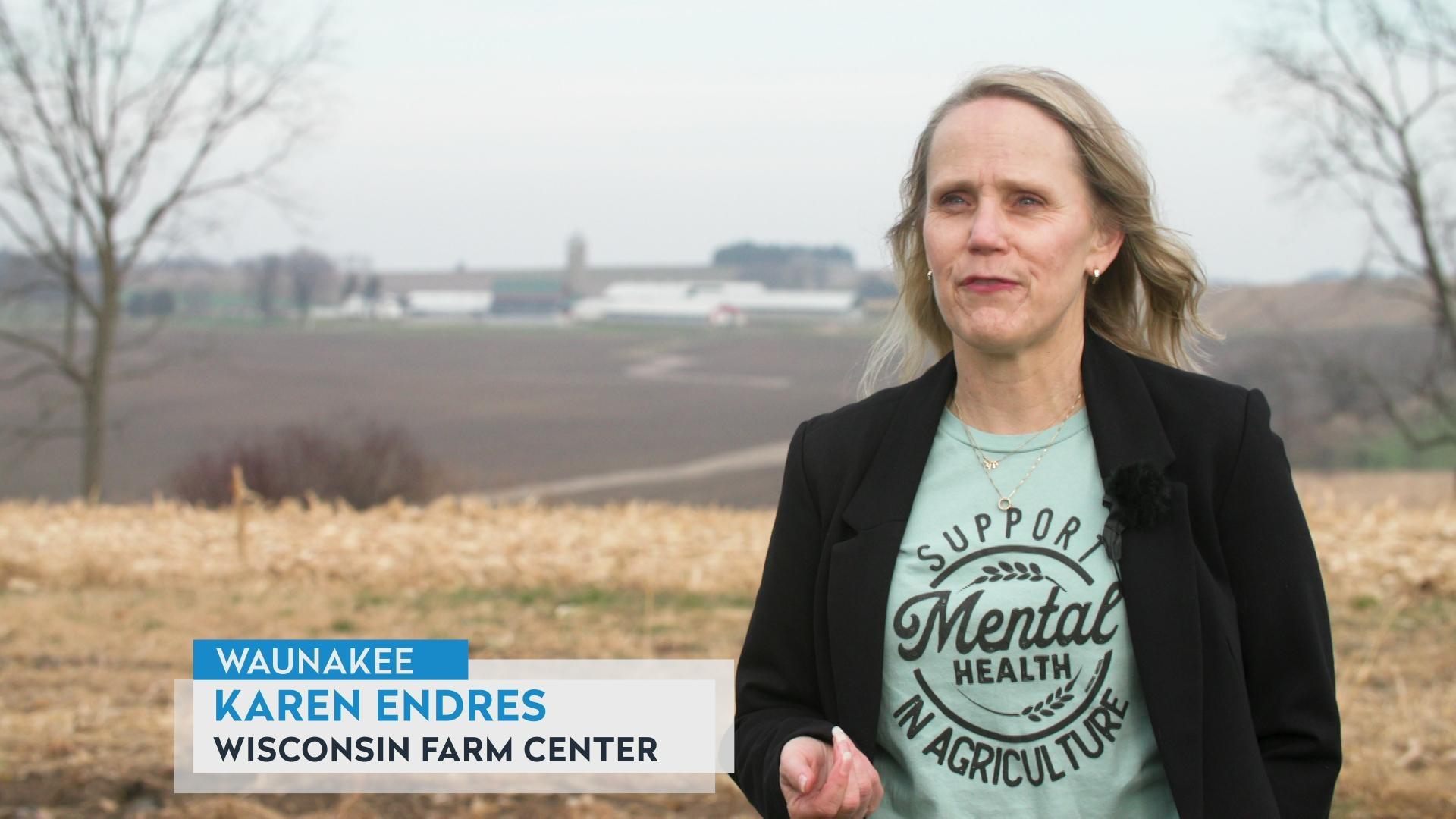
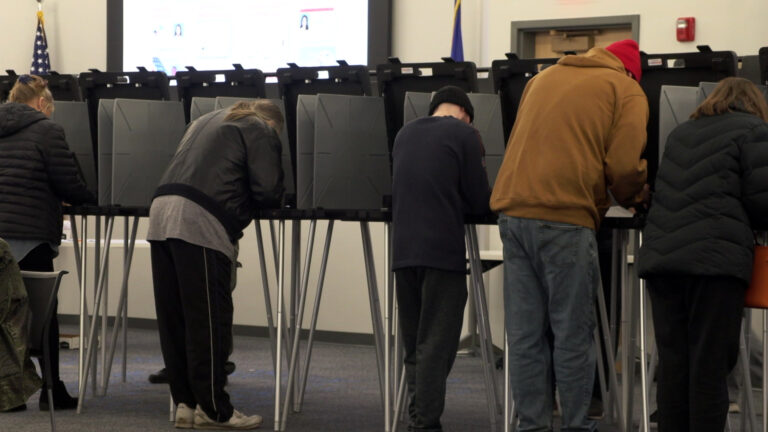
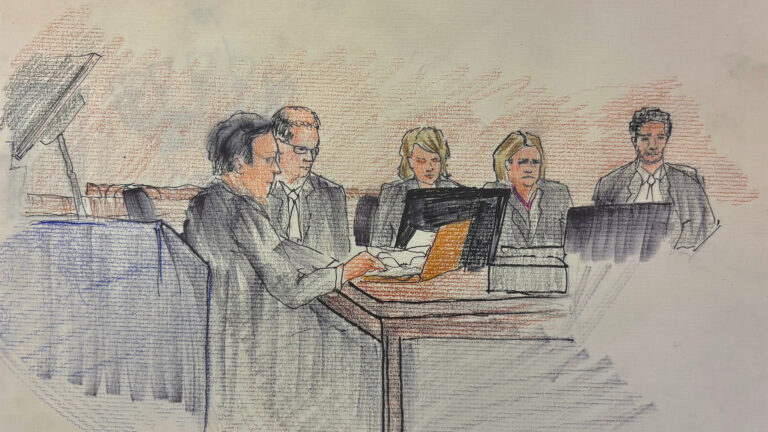
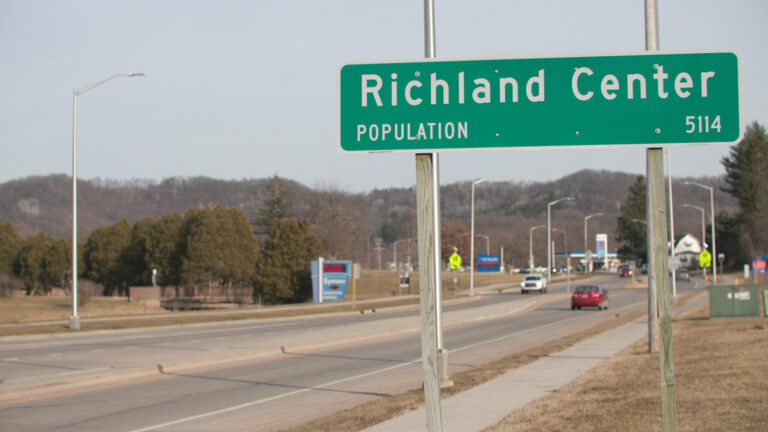
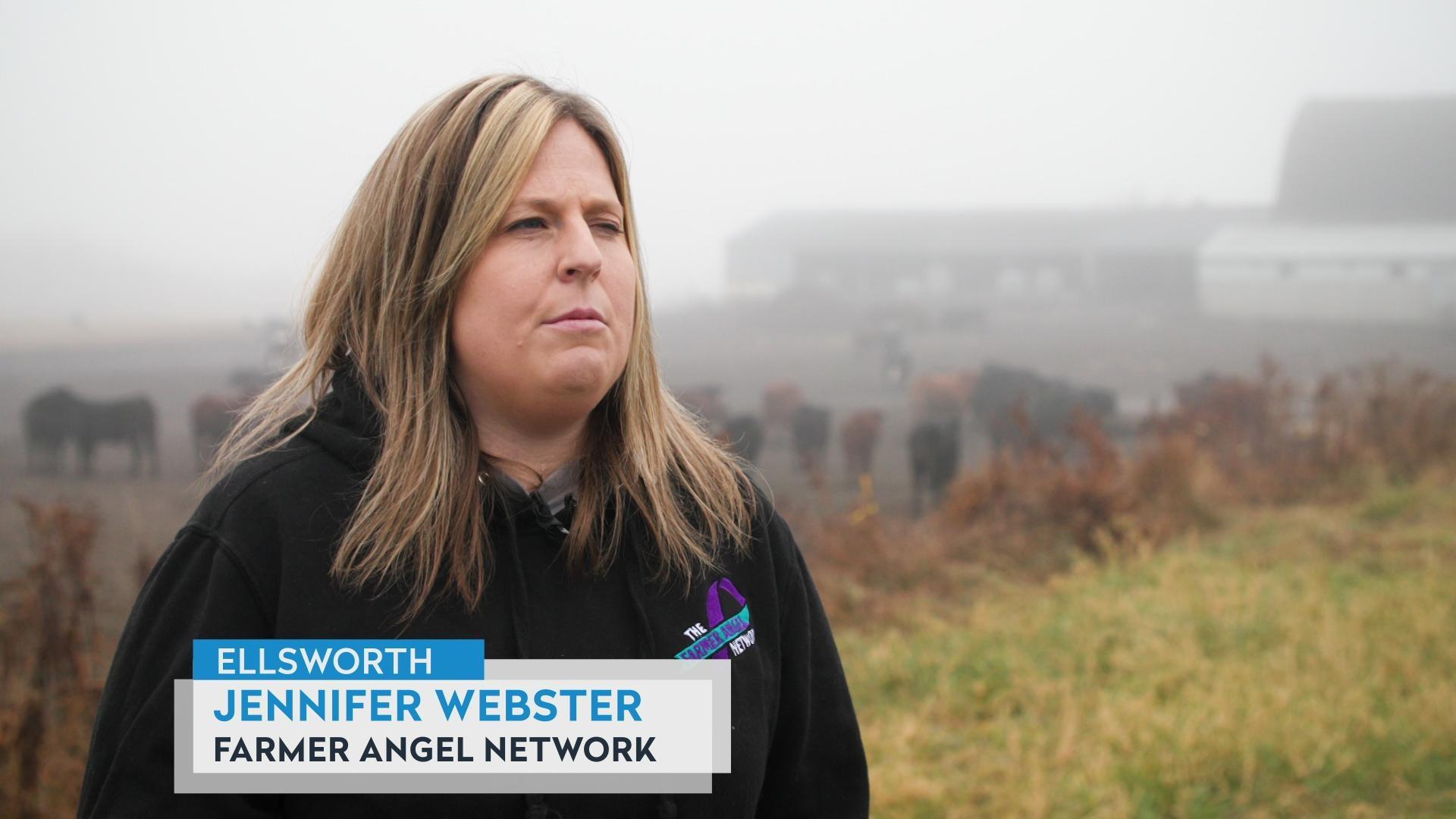
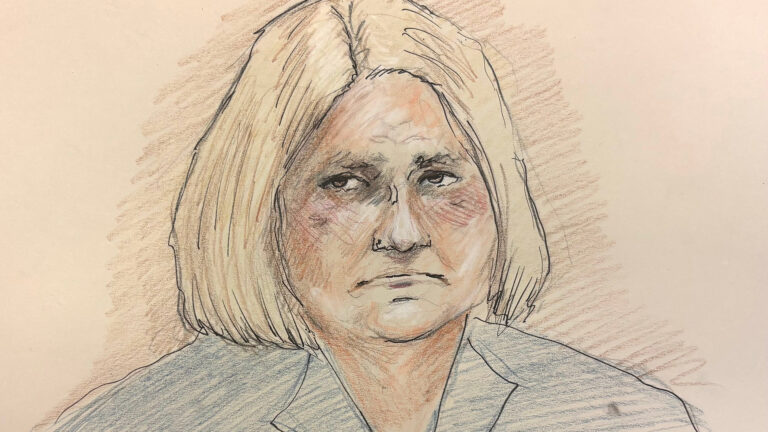
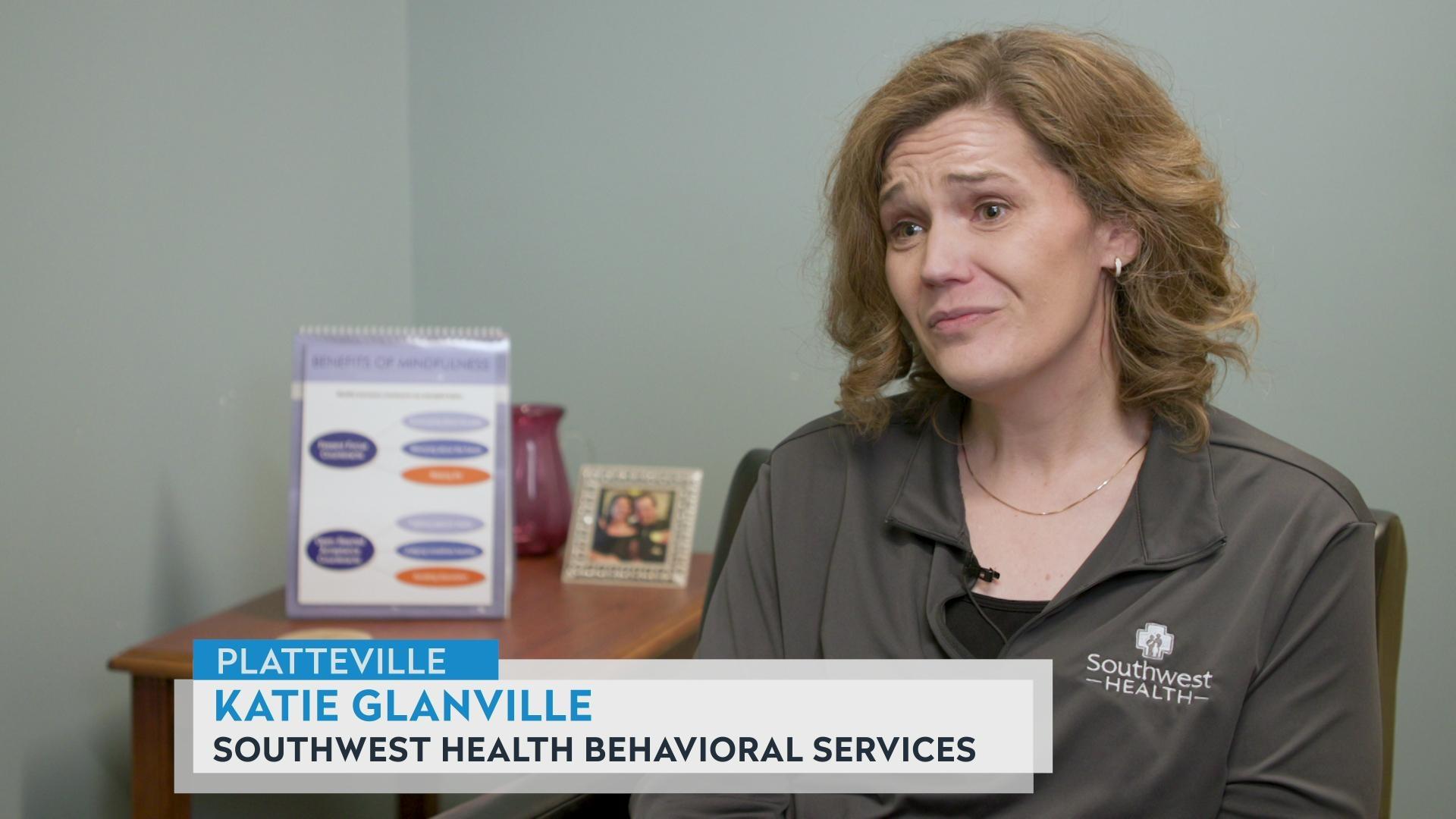






Follow Us